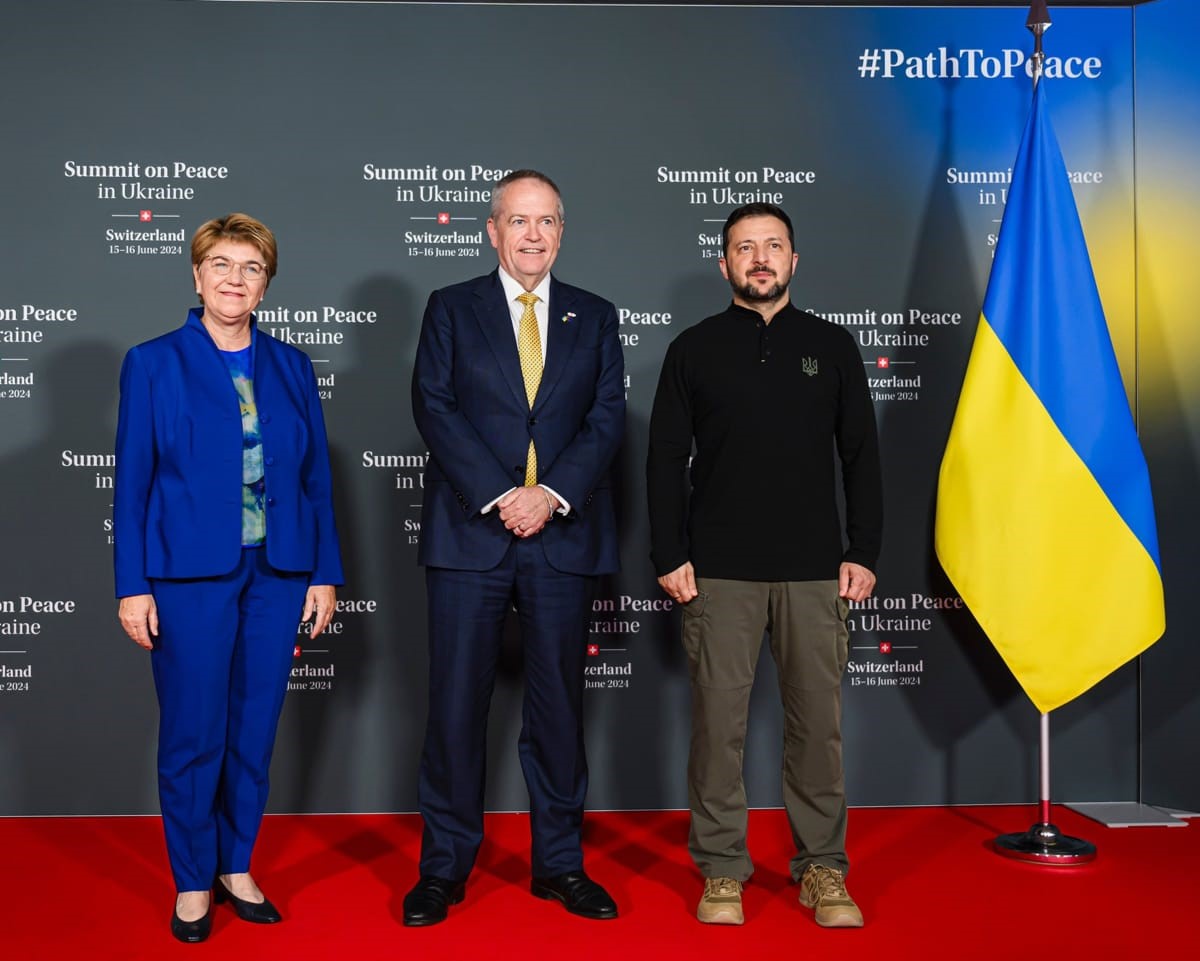As opposition leader a decade ago, Bill Shorten took off for his first official overseas visit. His destination left Labor hardheads privately bemused.
Shorten chose to jet off to Paris.
Why France? Surely somewhere in Asia would better signal the foreign policy interests of Australia’s alternative prime minister. Jakarta or Singapore, perhaps? Maybe Delhi? Or use this first overseas trip to mark out a Pacific focus, with meetings in Port Moresby.
Fast forward to 2024 and Shorten’s name is linked to Paris once more – this time with speculation he’ll retire from politics and be despatched to occupy the Harry Seidler-designed embassy at 4 Rue Jean Rey as Australia’s next ambassador to France.
“No au revoir today, my friend,” Shorten has been quick to reply to opposition taunts.
“Oh, no. That rumour wasn’t correct,” he has said. “I’m not going.”
“My plans haven’t changed at all,” he declared when asked if he’ll be a candidate to recontest his seat at the next election.
Definitive, right? No way. So tightly are words parsed in parliament’s gossipy orbit that speculation is bound to continue. If not Paris, then where? Ottawa? Former Liberal senator Scott Ryan has served as High Commissioner to Canada since December 2021. Or perhaps some other plum post?
Wong came to government frustrated by record number of ex-politicians and Coalition-favoured figures taking up overseas postings during the Abbott/Turnbull/Morrison years.
After two elections lost as Labor leader, Shorten landed a solid spot on the Albanese government’s front bench. He is Minister for the National Disability Insurance Scheme, his brainchild. Set up in 2013, the NDIS has helped thousands of Australians in need, while also suffering expensive cost overruns. “We’ve got a range of measures to get the scheme back on track,” Shorten has said. To do so would cement a fine legacy.
Rumours are pesky things. The fact of asking the question is often given more weight than the answer produced. But with Prime Minister Anthony Albanese’s poll numbers souring and Shorten, 57, a known albeit polarising player, the question will come again. Australian politics does indeed have a tradition stretching to the earliest days of Federation of seeing former leaders or potential political rivals packed off overseas, lest their presence become destabilising. In modern times, John Howard sent Andrew Peacock to Washington, a favour Kevin Rudd also bestowed on Kim Beazley, and Malcolm Turnbull gifted to Joe Hockey. Plenty of other ex-politicians have found a career in diplomacy to their liking when the PM decides renewal is needed via a cabinet reshuffle.
Albanese picked Shorten to be Australia’s representative at last weekend’s Ukraine peace summit in Switzerland. Mutterings soon emerged. Was this an attempt to burnish Shorten’s international credentials? The opposition inquired on what basis is a minister who is not a member of the National Security Committee deemed the most appropriate to represent Australia at peace negotiations?
Foreign Minister Penny Wong offered a stout defence of Shorten’s role. “He’s been a leader of our party, he’s a very senior cabinet minister and he also has been a very strong voice in support of the people of Ukraine since Russia’s invasion.”

Practicality also made Shorten a sensible option as Australia’s envoy. For all the worthy attention given Ukraine as it battles Russian aggression, Australia is a marginal player. This conference was never going to be more than a showpiece for support timed alongside the G7 summit in neighbouring Italy, to which Australia wasn’t invited. Shorten was already in New York for a UN conference on people with disability. Sending him on to Switzerland made good use of senior ministerial resources, given Albanese and Wong had hosting duties at home for China’s Li Qiang, and Defence Minister Richard Marles had been in Ukraine only seven weeks ago announcing a A$100 million assistance package.
And speaking of Wong, she has set out a firm position on political appointments to diplomatic gigs, which creates another hurdle.
Wong came to government frustrated by record number of ex-politicians and Coalition-favoured figures taking up overseas postings during the Abbott/Turnbull/Morrison years. “The Albanese Government is reversing the previous government’s approach and rebalancing appointments towards qualified senior officials, consistent with position requirements and community expectations,” Wong has said.
Ironically enough, Wong made this statement while appointing former Labor minister Stephen Smith as Australia’s high commissioner to London.
“In certain circumstances,” she went on to say, “there is a clear advantage for Australia to be represented by people who have had distinguished careers beyond the public service, such as businesspeople and former parliamentarians.”
Plenty of room to parse those words. Luckily for Kevin Rudd. So, the Shorten conjecture will go on, too.

